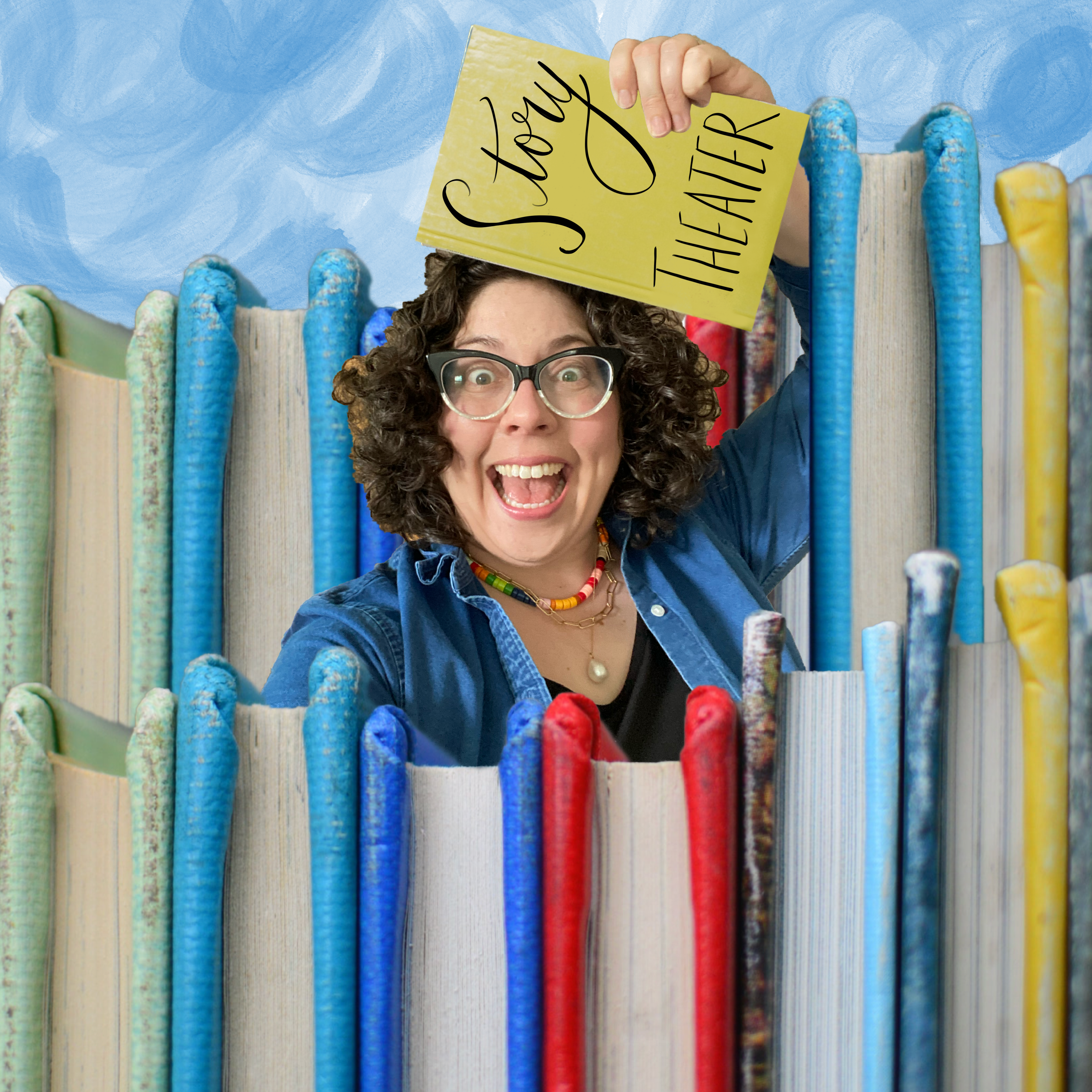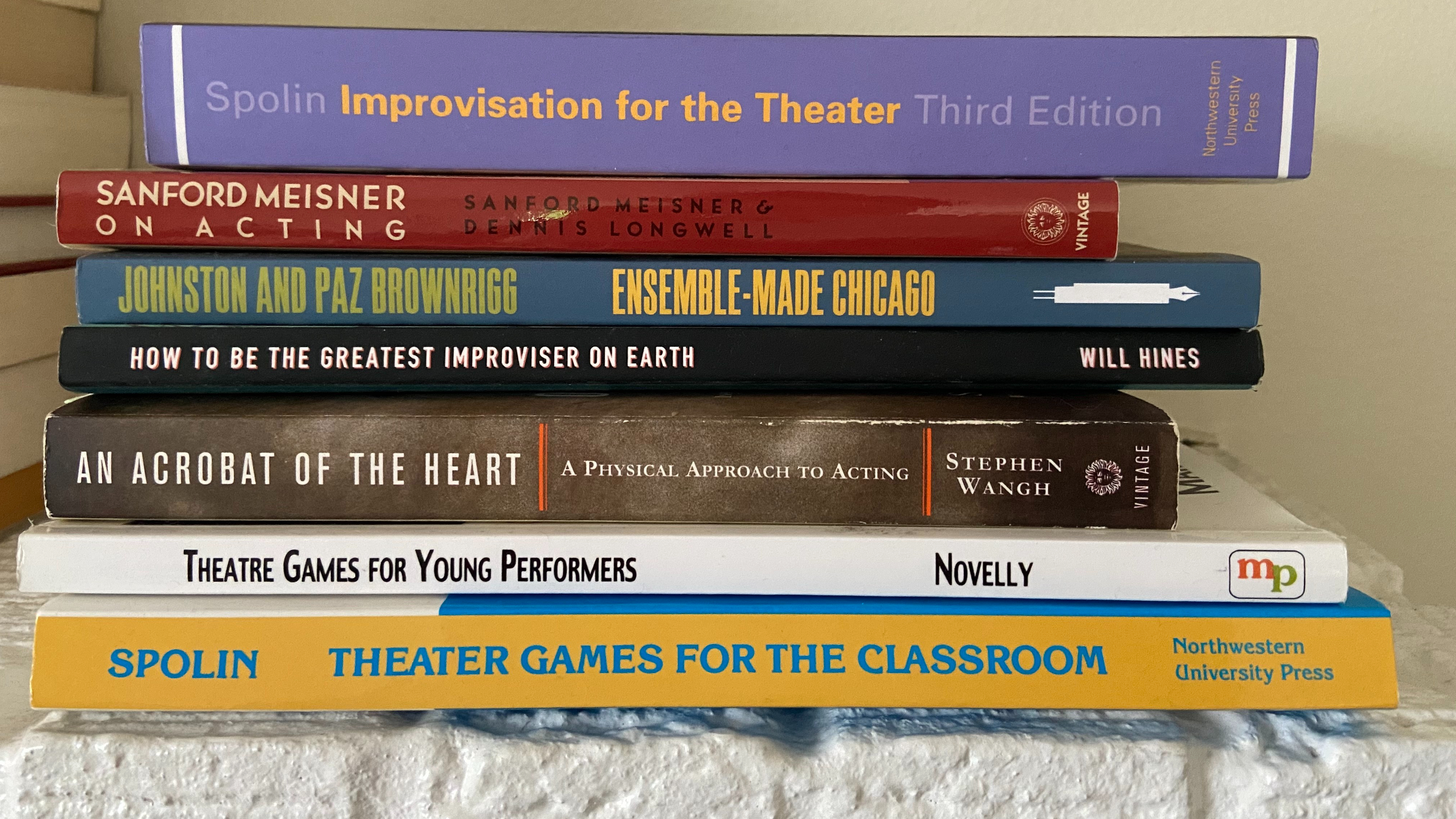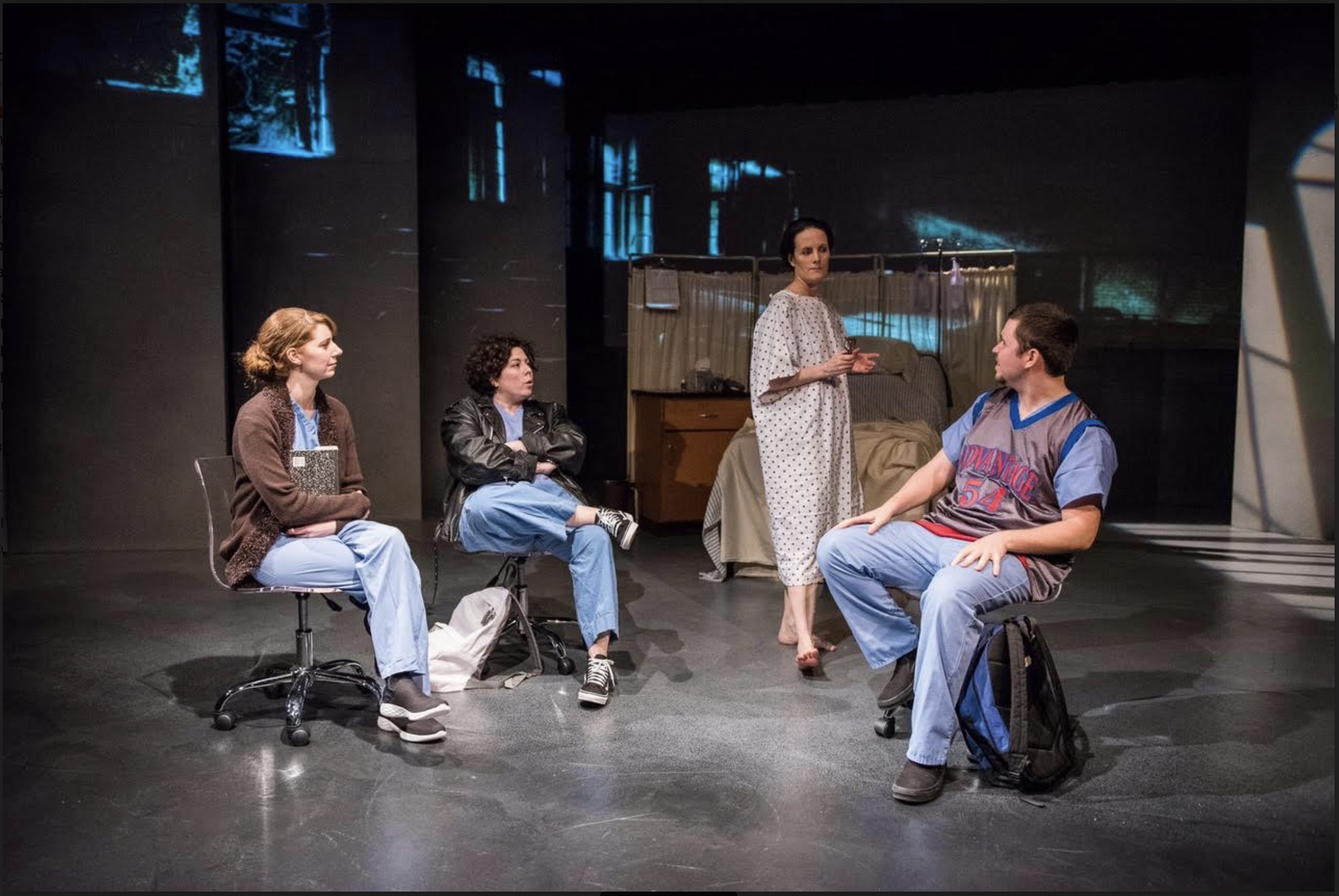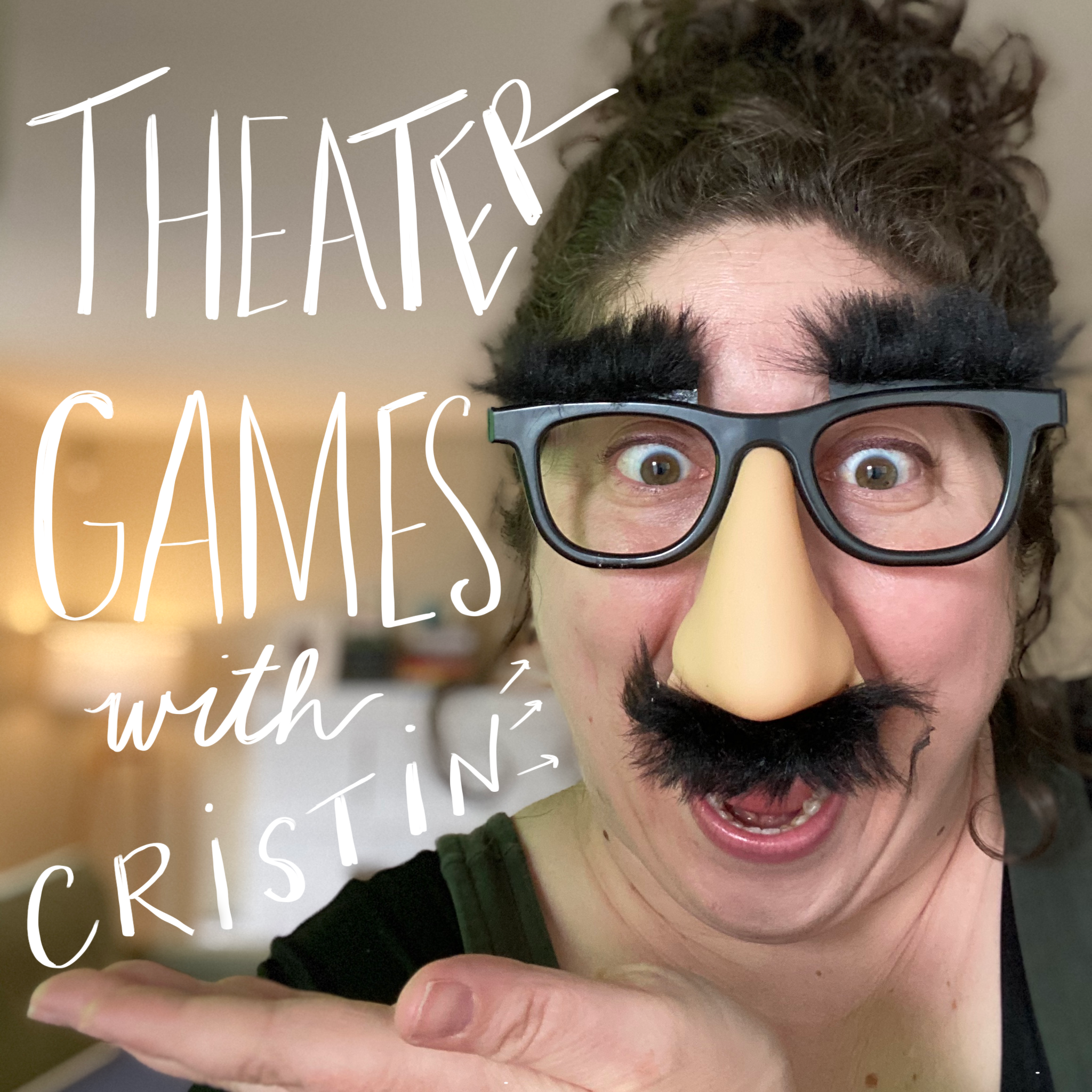Now Playing
On a glorious stage in the clouds
via Zoom link, sent to your e-mail
Classes are forming now for Summer 2021
Who can join?
Kids ages 6-12
and their caregivers
Yes, adults can play, too!
Parents and caregivers do not have to play, but are responsible for adequate supervision during class either way
Current Class Schedule:
Please inquire for current schedule. All times are Pacific Standard Time
Classes are 55 minutes long
Cost per class:
$15 suggested donation per child player
Adults play for free!
Sliding scale spots are available if you are experiencing financial hardship — just ask!
Try it!
Free Intro Class
Before you start group class, we‘ll do one free 30-minute introductory session together. We’ll determine which class would be a good fit, and you’ll learn basics that will help you get more out of class with other players.
Sign up for an Intro Class HERE!

Looking for a fun, arts-based class series for your pod?
Story Theater Classes use theater games to bring stories from page to (Zoom) stage.
Click below to learn more!
STORY THEATER CLASSES
What are theater games?
The theater games tradition is a method of training actors. Actors often use theater games to build ensemble, and to warm up before rehearsal and performance. Theater artists also use games to develop improvisational and devised works.
Have you ever seen the TV show Whose Line Is It Anyway? or been to an Improv comedy show? Those shows have their origins in theater games!
The best part? Anyone can play!
You don’t have to be an actor — or ever want to be an actor — to enjoy and benefit from theater games. Mostly, they are just a bunch of fun!
Plus, most of the games we play are movement-based — they need your body and your brain — so theater games are a great way to get some creative movement into your day.
By playing, you will practice acting (and life!) skills like:
Body and sensory awareness
Public speaking
Focus and concentration
Teamwork
Storytelling
Creativity through improvisation
Self-esteem
“When we shut off the video, S said “OK, how many stars do we give it?”
And I was like, jeez, kids are really tough …
C jumped in and said “forty-five hundred!”
And I said, “Wow, that’s a lot of stars! S, how many stars would you give it?”
And she looked at me with her eyebrows raised and her head tilted forward, and said,
“A LOT. It was really fun, and creative, and it was good for our minds … AND our bodies.
I LOVED it.”
… Thank you so much! They have both wanted to get into the arts … This is awesome.”
— A (mom), S (age 7) and C (age 5)

Sample Games
Video: The Spaghetti Game
Sound and Movement: How are you feeling?
We use this as a check-in at the beginning of every class. Each player describes how they are feeling right now by giving a sound (which can be a word, or not) and a movement. All together, the rest of the group reflects that sound and movement back to the player.
Yes, Let’s!
One player gives a word that all other players will act out. In response, all other players yell, “Yes, let’s!” and act out the word. We continue until all players have given a suggestion. For example: “Let’s be popcorn / astronomers /laughter /surprised /marshmallows /on a spaceship /at the grocery store /opera singers “ … “Yes, let’s!”
The Machine
One player thinks of a machine that has many different parts. All the other players go off stage (or stop their video!) Player one starts playing part of the machine by making a sound and a movement. When you think you know what the machine is, you enter (or start your video!) and add your own part. We keep adding players until everyone is playing part of the machine. And although this isn’t necessarily supposed to be a guessing game, it is pretty fun to guess what machine Player One imagined!
Why are you late?
One player is The Boss, one player is The Late Worker, and the other players are The Coworkers. The Boss asks The Late Worker, “Why are you late?” The Boss then turns their back on the workers. While the Boss’s back is turned, The Coworkers act out the reason why the Late Worker is late (the weirder the reason, the better) and Late Worker guesses. But don’t get caught guessing — when The Boss turns around, the workers must start typing feverishly! Younger children especially love being The Boss for this one.
Video: Queen Donut Is Dancing
Two-Headed Monster
Players stand back to back and link arms to become The Two-Headed Monster. The caller directs the Monster to move in different ways. For example: “Two-Headed Monster: Move to the left! Move to the right! Jump! Disco dance! Go surfing!” For discussion: Two-Headed Monster, how did you decide which way was left and which way was right?!
Gibberish Salesperson
Gibberish is a made-up language that uses as many sounds as possible. Go get an item from your kitchen. Now: Can you sell it to us using gibberish instead of English?
Serious Character
In this game, you’ll practice being on stage without breaking character. Think of the most disgusting food you can imagine. Now, be super serious. Enter the stage and say “Hello, my name is _______ [your disgusting food]. It’s nice to meet you. Thank you very much.” Now exit. Stay super serious! No laughing!
Laughter Circle (With No Laughing!)
One of the hardest focus games we play. Players gather in a circle. Player 1 begins by saying, “Ha,” but without laughing. Player 2 says, “Ha ha,” without laughing. Player 3 says, “Ha ha ha,” without laughing. And so on. If you can stay serious beyond 4 “Ha’s,” you are a champion at this game!
Mischievous Characters
A simple, fun improv game. Players are The Mischievous Characters — they do mischievous deeds. Caller asks the players a question about one of their mischievous deeds. Examples: “Why is my piano painted green?” “Why does my house smell like sardines and burnt toast?” “Why is my cat covered in glitter?” (The sillier the question, the better.) Players improvise an explanation one sentence at a time. Player 1 begins the explanation, Player 2 builds on it, etc. until they have created a consistent (if outlandish!) story that satisfies the Caller. Caller is free to ask the players questions as they improvise.
Play Ball
Watch this video to learn the game Play Ball, plus one of my favorite variations. (Hint: It involves a small, angry dog.)
About Cristin

I’m a Seattle-based theater artist, movement teacher, and theater games superfan! Some of my favorite roles include Tock in The Phantom Tollbooth, Wolfington (a vegetarian wolf who loves smoked peanuts) in The Fluffy Tale of Adventure, an Ensemble member in Wit at SecondStory Repertory, and The Fairy Goudamother in When You Wish Upon A Pizza by The 14/48 Projects.

I do my acting training at Freehold Theatre Lab in Seattle, where I’ve taken classes in Scene Study, Shakespeare, Auditioning, Voice, Clown, and Movement for Actors.
I learned Improv 101 at Unexpected Productions. Viola Spolin’s theatre games are the foundation of the work we do in class. I’ve practiced these games with guidance from many awesome teachers, including Aretha Sills, Viola Spolin’s granddaughter.
Like most actors, I have had a bunch of different day jobs! I was an attorney in a past life, so I’m passionate about using theater to teach reading and critical thinking skills. I have a certificate in Writing for Children from the University of Washington.
When I’m not acting or teaching, I get pulled around my neighborhood by Edna Mode, my uber-excited corgi.
Sign up to play!
Fall classes are forming as we speak!
I keep classes small, and I try to match kids of similar age together.
Generally, I group ages 6-8 together and ages 9-12 together — but there is some flexibility depending on the group.
The games we play depend in part on how many players are joining from each physical room — for example, two siblings playing together will have a different class than two solo kids playing together over Zoom.
Please get in touch with your name, e-mail, and the number and ages of players who would like to join.
Looking forward to meeting you on the electronic stage!
